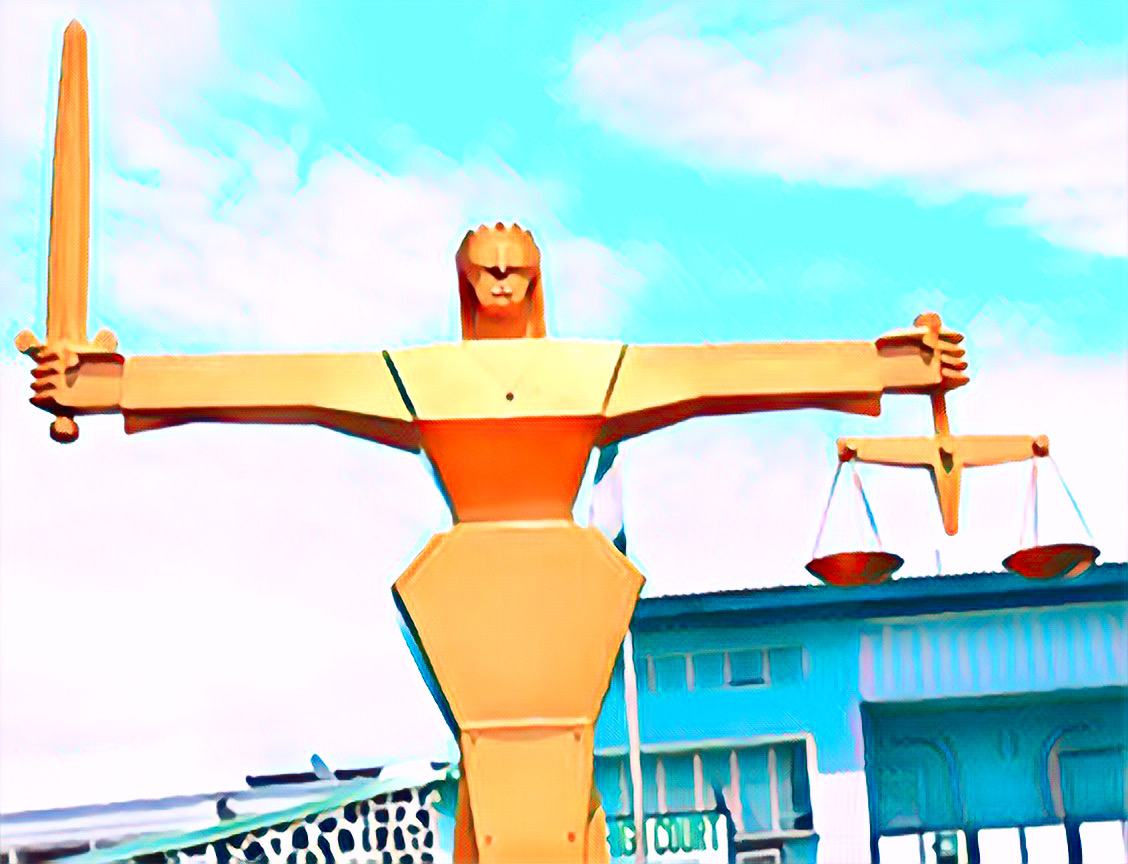KEY POINTS
- The judiciary upholds constitutionalism and checks government overreach.
- Judicial independence ensures credible elections and resolves disputes.
- Courts defend human rights, promoting accountability and social justice.
The judiciary is fundamental to Nigeria’s democratic structure, upholding the rule of law, protecting individual rights, and preserving checks and balances among governmental bodies. Its efficacy is crucial to the nation’s democratic vitality.
Framework and autonomy of the Nigerian judiciary
The judiciary of Nigeria is structured hierarchically, with the Supreme Court at the top, succeeded by the Court of Appeal, Federal and State High Courts, and specialized tribunals such Election Tribunals and Sharia Courts.
According to the Nigeria legal information institute, Judicial independence is codified in the Nigerian Constitution, with the objective of shielding the court from external influences. Nonetheless, obstacles remain. Political involvement has been a considerable issue, with occurrences when judge appointments and rulings have been swayed by political factors.
The 2019 suspension of Chief Justice Walter Onnoghen prompted enquiries over administrative overreach and its effects on judicial independence.
Furthermore, the judiciary encounters challenges with financing and resource distribution. Insufficient fiscal allocations have resulted in infrastructural deficiencies and postponed justice delivery, eroding public trust in the legal system. Confronting these problems is essential for preserving an autonomous and efficient judiciary.
Roles of the judiciary in Nigeria’s democratic framework
The judiciary fulfils multiple essential functions in Nigeria’s democracy. Judicial bodies evaluate constitutional clauses and ensure legislation conforms to democratic ideals. They eliminate ambiguities, ensuring clarity and consistency in legal interpretations.
According to law global hub, The judiciary protects individual liberties and human rights, acting as a barrier against infringements by the state or other entities. Judicial review enables courts to invalidate laws or actions that violate constitutional rights.
Their choices might affect political stability and public confidence in democratic institutions. The judiciary reviews the actions of the administration and legislative to ensure that all government branches function within constitutional limits, therefore preventing abuses of power.
Obstacles confronting the nigerian judiciary
The Nigerian judiciary faces numerous obstacles despite its crucial role. Occurrences of improper interference by the executive or legislative branches have undermined judicial neutrality.
The suspension of Chief Justice Onnoghen exemplifies worries regarding the deterioration of judicial independence. Accusations of bribery and corruption have compromised the integrity of the judiciary.
According to law global hub, the judiciary’s function in Nigeria’s democratic system is essential. To execute its mandate efficiently, it must function autonomously, devoid of political interference, and be sufficiently funded.
Combating corruption, facilitating prompt justice delivery, and restoring public confidence are critical measures for fortifying Nigeria’s democracy.
An independent and resilient judiciary upholds the rule of law and safeguards democratic ideals, assuring the protection of citizens’ rights and liberties.


